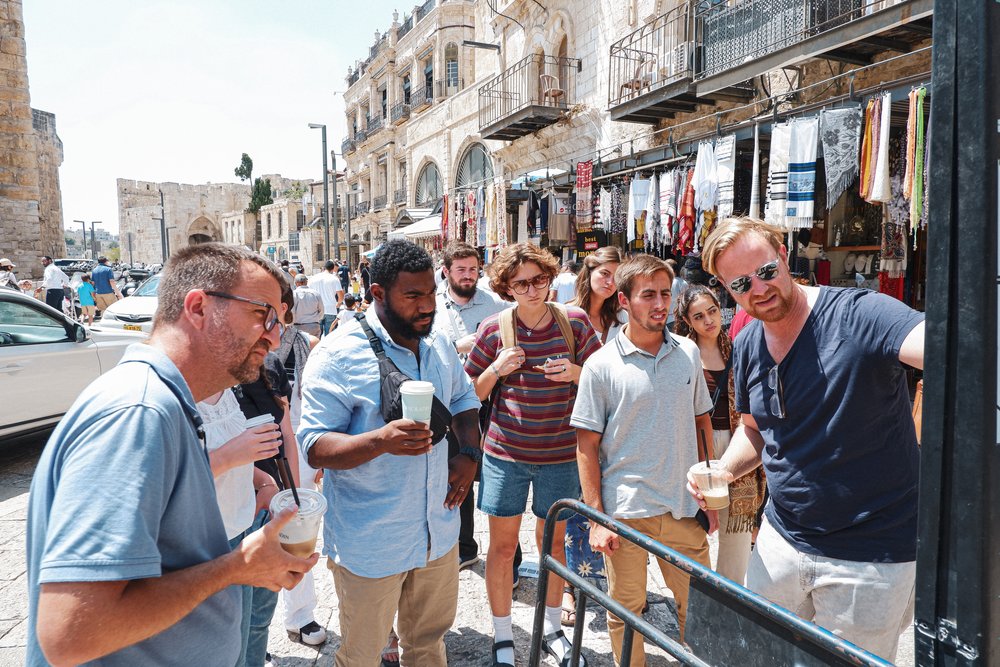Ladan Davia is the current CEO of Friends of Normie, a cat toy company and major contributor to the Friends of Normie Cat Rescue. A serial entrepreneur, Ladan has founded several businesses including Beeya, a company aimed at using AI and machine learning to reduce the bias in hiring by creating “match scores” to tell both job seekers and employers which candidates and opportunities they are best suited for. Ladan graduated from Chapman University in 2014 with a bachelor’s in Television/Broadcast Journalism and a minor in Political science.

Ladan Davia, Founder and CEO of Friends of Normie LLC
I reached out to Ladan for an interview as she is not only a Chapman alumna but also an entrepreneur whose focus is creating equity and justice through the use of the market. I was curious to hear her thoughts on peace and the future of cat rescue.
Q: How did you find your way to this profession (cat rescue)?
Ladan: “I stumbled into this completely by accident. I was driving in Orange and saw a mama cat on the side of the road. When I pulled over, I noticed her kittens. I called shelters and rescues but no one would take them and they told me to leave them on the road because they are “free roaming animals”. Obviously I did not accept that answer, and went and bought a trap. The rest is history.”
Q: How do you balance pursuing long term change for feral cats as a whole and short term survival efforts for individual cats?
Ladan: “Long term change needs to happen with spay and neuter. It’s impossible to adopt our way out of this situation. I truly believe the stray cat crisis is an epidemic, one that the government has completely failed on. I also am a firm believer that friendly cats have no place outside or on the streets. My main goal is to spay and neuter as many as I can with the secondary goal being getting the friendly cats inside with a foster and adopted.”

A portion of every Friends of Normie product sale is used to fund cat rescue work
Q: What is the most rewarding part of your job?
Ladan: “I know there’s no way of saving every cat, but to the one cat you do save, that’s their entire life. It matters. Knowing that with some effort, a safe space and love that cat’s life is forever changed. On the human side, seeing the community we have built with fosters and adopters is incredible. The people who foster for FON are so committed to these animals and the process and they know what a few weeks and love will do for them.”
Q: What does peace look like in your field? If we were to achieve a peaceful world for cats, what would that look like to you?
Ladan: “I think a peaceful world for cats is seeing ferals happy in their colonies, fixed and vaccinated. Seeing friendly cats indoors with people who love them. A peaceful world would require peaceful people, which is something I can’t control but hope to spread enough awareness to one day achieve.”
As a fellow rescuer myself I appreciate hearing Ladan’s perspective and learning the different approaches we all take to peace building in our own fields. One of the aspects of peacebuilding that seems to unite us all across every front is the appreciation for the communities and people that make this work possible. Ladan mentioned the incredible foster and adopter community that Friends of Normie has built. As someone who has witnessed this network firsthand, I have to agree that it is truly remarkable what we can accomplish when we come together as a community and as people united in a desire for justice. There are so many situations that felt so dire and so hopeless where the FON community has stepped in and divided the work in order to make an unimaginable tragedy into something manageable. Peacebuilding is not an individual pursuit. The joy and transformation of this work is found in the relationships and communities you create along the way.
You can find Ladan on LinkedIn, Instagram, and by email at ladan@friendsofnormie.com
You can find Friends of Normie on their Instagram, website, Walmart, Amazon, and Etsy.



 world. He speaks Serbo-Croatian, French, and English. His journey of interest in the Middle East began from learning the negative consequences of foreign rule over the Balkans in school growing up. He researched primarily focused on Europe at first and became more interested in the Middle East after 9/11.
world. He speaks Serbo-Croatian, French, and English. His journey of interest in the Middle East began from learning the negative consequences of foreign rule over the Balkans in school growing up. He researched primarily focused on Europe at first and became more interested in the Middle East after 9/11.













